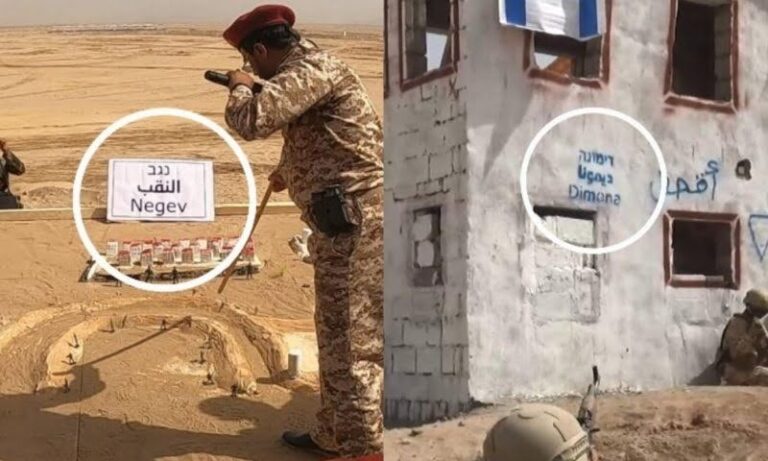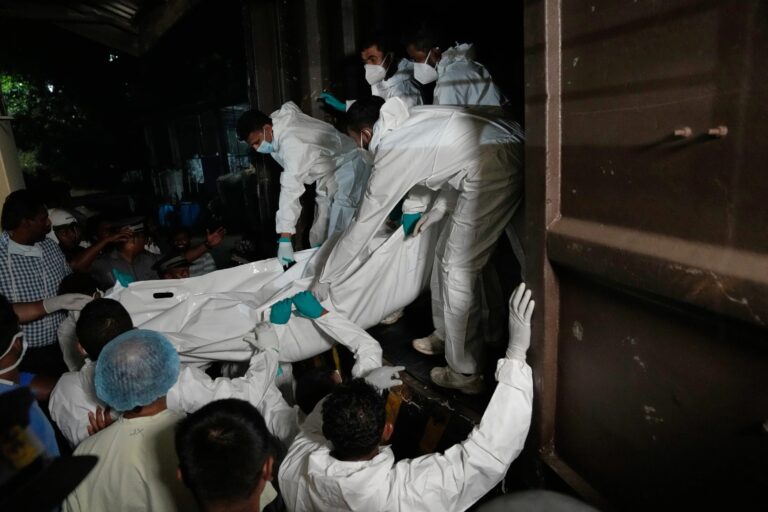 Kosel schnorrer Moshe X (YWN-ISRAEL not reporting his name) was sentenced to 100 hours of community service by the Jerusalem Magistrate’s Court after being found guilty of ‘chilul HaKosel’ for panhandling at the holy site, a violation of a new law forbidding schnorrers from operating at the area.
Kosel schnorrer Moshe X (YWN-ISRAEL not reporting his name) was sentenced to 100 hours of community service by the Jerusalem Magistrate’s Court after being found guilty of ‘chilul HaKosel’ for panhandling at the holy site, a violation of a new law forbidding schnorrers from operating at the area.
The prosecution told the court that in this case, it is even worse – explaining some of the money he collected was used to sustain his drug habit. Moshe’s attorney argued it is his client’s first offense, but court was adamant and he was also sentenced to a one-month probationary sentence. If apprehended committing the same crime again, he will automatically be sent to prison or one month.
(Yechiel Spira – YWN Israel)











11 Responses
When we go to the Kosel to Daven this would be an excellent opportunity to help someone and maybe in the zechus of that our tefilos will be answered. I am NOT saying that this is a deal we should make with Hashem. Perhaps they should set aside an area for the “schnorrers”
its gotten out of control recently… i cant daven there for two minutes without getting harassed by a dozen collectors thinking that im a rich american
The ‘Chilul Kosel’ law has nothing to do with the kedusha of the place, but rather the tourism factor that was being affected.
#1, I think all of us here recognize the importance of helping a poor person. The problem is, as #2 said, in recent years it had become absolutely impossible to daven without being harassed. I have been tapped on the shoulder while leaned up against the Kosel, praying my heart out. You would think that someone who themselves is claiming to need help would have the patience to wait a few moments to let someone finish their Tefillos.
When I’m in E”Y I try to assist poor people there because their economic situation is even worse than ours here. I have always done the best I could to be helpful to anyone who comes with their hand out.
Is it so much to ask that I be allowed to finish my own Tefillos too? Instead I get nudged in the middle, even during Shmoneh Esrei, and then hear them telling each other in Hebrew “go go, he has money, American.”
It’s really not right.
I object to those collecting tzedaka – whether legitimate or not – to be called schnorrers. Its not menchlicht.
When a Bachur in the Mir got engaged without a penny yo his name I tried collecting money for him at the kossel. After maybe 5 minutes I got accosted by two security guards who told me if I don’t get out of there they’ll take all my money! When I asked them why they are coming to me and not anyone else they responded that I’m younger! Bottom line: they pick and chose who they want to make trouble for. There are people collecting every night but they decide who to go after?
Can’t we call them “collectors” or something else that’s a bit less derogatory than “schnorrers”?
Rabbi Levi Yitzchok had just been appointed rabbi of Berditchev. He instructed the community council and leaders that he intended to use his time very efficiently by studying Torah and counseling people. He would prefer not to be bothered with regular meetings to discuss old traditions and customs unless the subject matter was of new policy.
One day the community council asked him to join one of their meetings to approve new policy for the town. The idea was to set up a communal fund for beggars and not to allow the beggars to go from door to door to beg for food.
Reb Levi Yitzchok exclaimed, “Didn’t I request not to be bothered by old traditions and practices?” They responded, “This is a new policy we want to introduce to this community.” Reb Levi replied, “This policy forbidding the poor to beg is an ancient minhag [custom] that was practiced in the City of Sodom!” The council immediately understood his sharp words and abandoned the idea.
#3, I understand. That is why I proposed an area set aside for the collectors.
Lets clarify the rules according to which the guards operate instead of slandering them needlessly.
“Collectors” who stay in one place or more or less the same area and do not badger people are not bothered.
“Collectors” who on the other hand walk among the people praying and bother them during prayer or are overly bothersome after prayer (arguing over the amount, not letting go of someone who said no etc.) are taken care of.
Other than that young people are of course subject to more scrutiny since some of the young people begging like Moshe X are not begging for anything but their next fix.
Those who have recently been at the Kotel will have noticed that the impact of the policy is indeed that people now generally are capable of praying undisturbed.
Incidentally it seems this article was not assigned the right categories as it’s not visible in the iltered list of only Israel news.
#8 i believe it was the gra in that story.